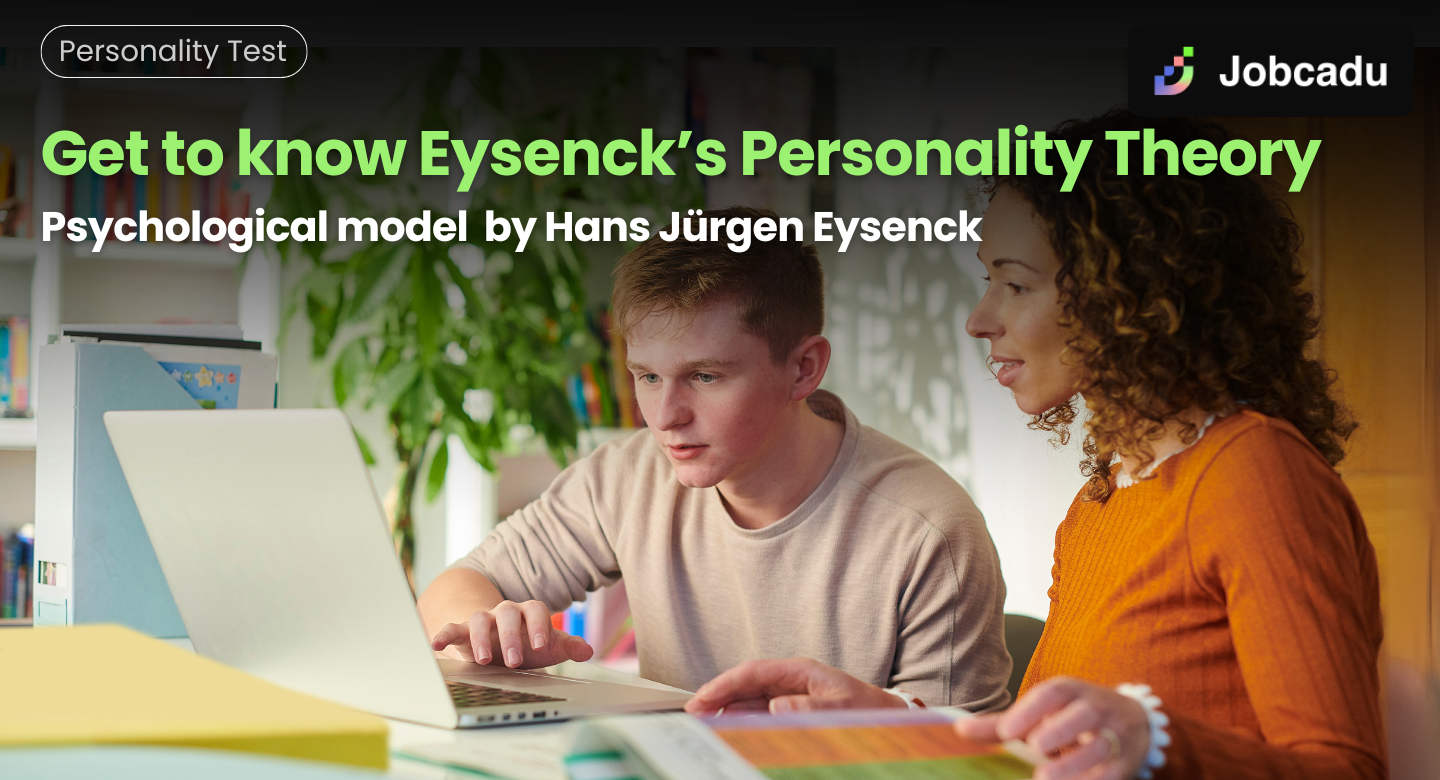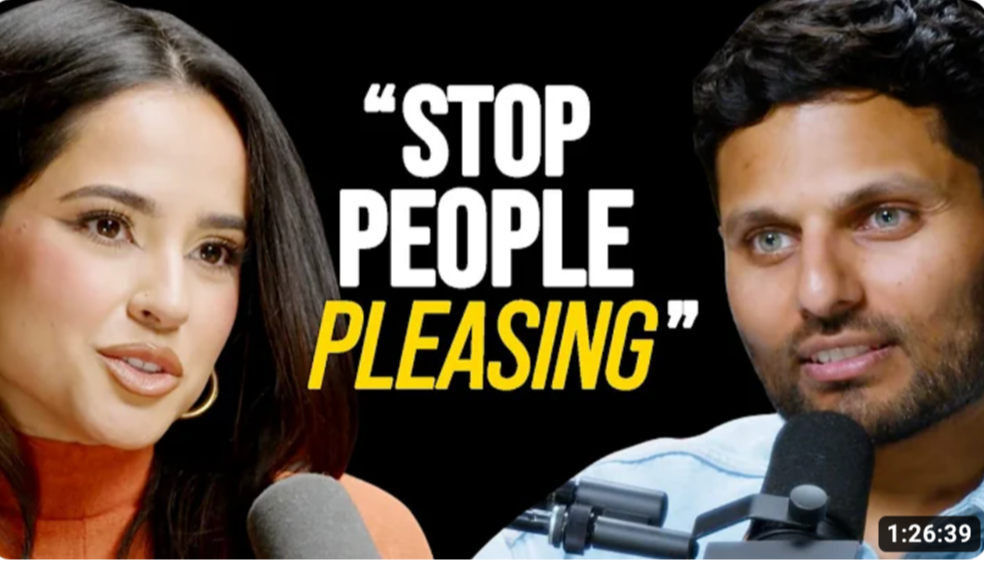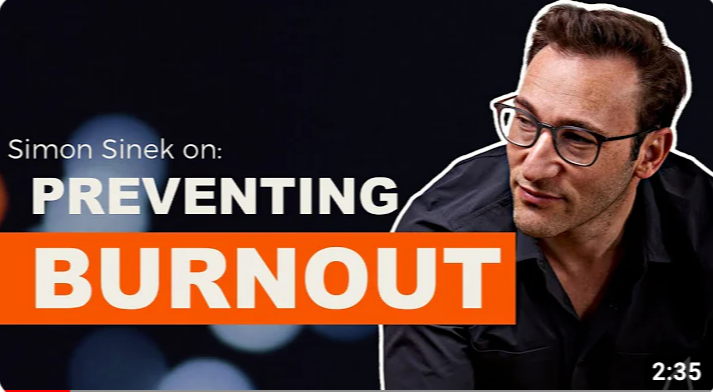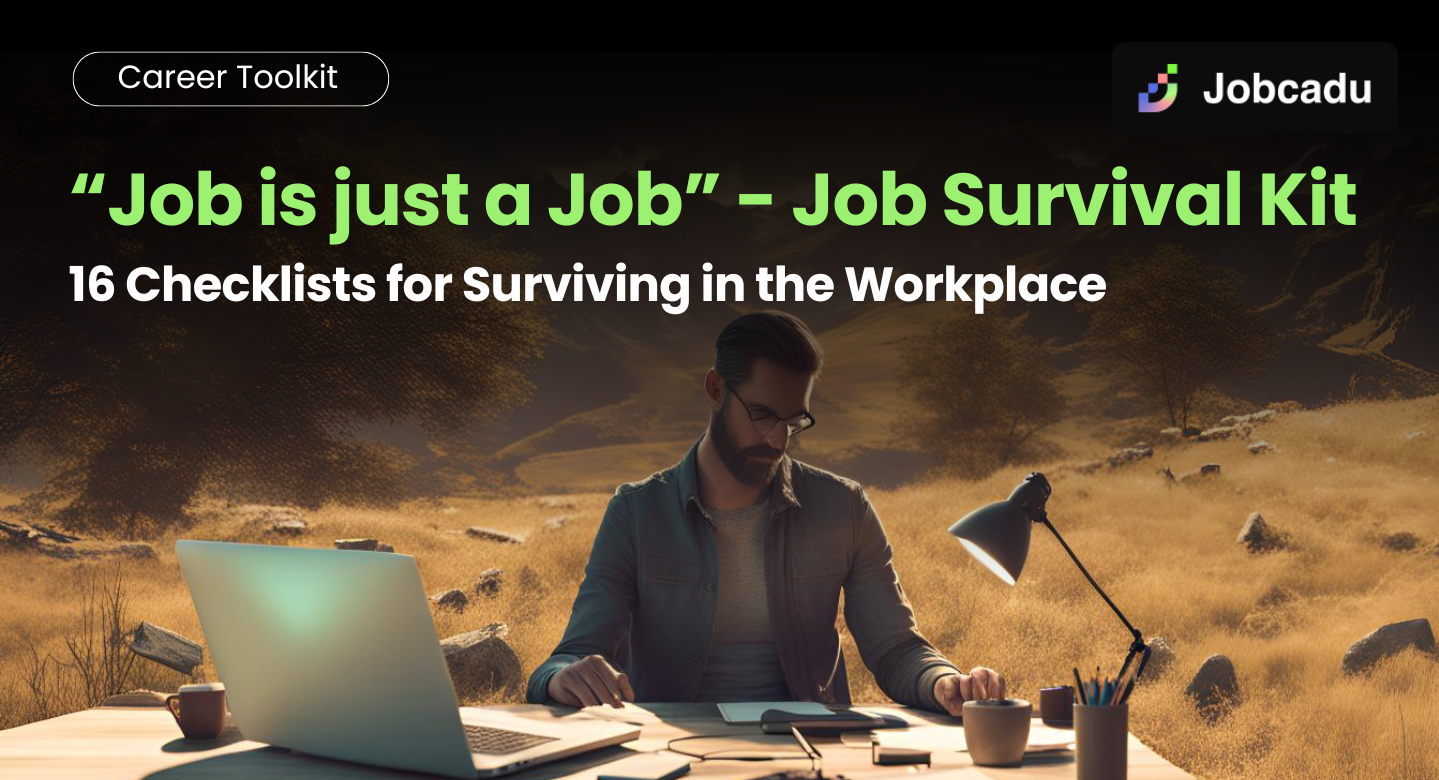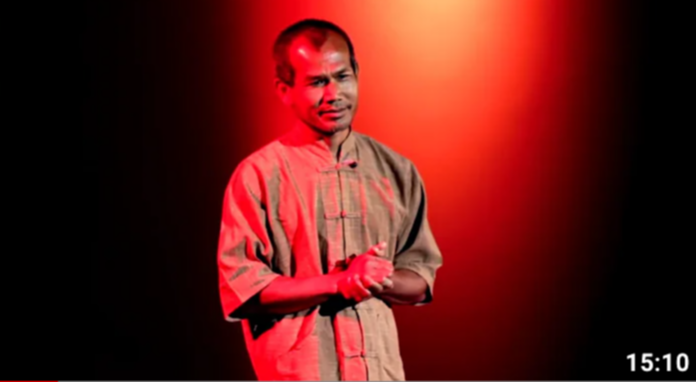.png)
The Secret to Intelligence Beyond IQ: Mastering Solitude for a Sharper Brain
“True intelligence is not measured by IQ, but by the ability to be alone with oneself.” — Dr.JosephJebelli, Neuroscientist When we talk about intelligence and success, we often think of high IQ scores, hard work, or exceptional talents. But neuroscientists have discovered a shared secret among many of the world’s greatest minds: the art of being alone, a key that may be more powerful than we ever realized. Why Solitude Makes Your Brain Smarter According to neuroscientist Dr. Joseph Jebelli, when we're alone and undistracted, our brain enters a state called the Default Mode Network. In this state, the brain doesn’t shut down—it becomes highly active, connecting old ideas, building new understanding, and developing creative insights far better than when we’re focused on specific tasks. “The brain doesn’t rest when we’re idle, it actually works at its deepest level.” Activities like writing, playing music, painting, meditating, walking, or even sitting quietly help stimulate creativity because they allow us to hear the voice within ourselves. The Science Behind Solitude: What the Brain Is Doing From a cognitive science perspective, being alone boosts creativity by giving ideas space to grow. Whether it’s writing, playing piano, gardening, baking, meditating, or simply daydreaming, solitude often provides the environment the brain needs to perform at its best. During these quiet moments, the Default Mode Network works actively to form new neural connections, absorb new information, and nurture creativity more effectively. What Happens Biologically When We’re Alone: Neuroplasticity – New neural pathways form, enhancing learning and memory. Chemical Reset – Cortisol (stress hormone) drops, while serotonin and dopamine (feel-good chemicals) rise. Emotional Processing – The brain has time to reflect on life events, helping us understand ourselves better. Memory Consolidation – Knowledge and experiences are stored more effectively in long-term memory. Geniuses Who Embraced Solitude 1. Bill Gates and “Think Week” Bill Gates, co-founder of Microsoft, famously takes a “Think Week” twice a year, an entire week spent alone in a remote cabin with just books and no distractions. No family, no meetings, no emails , just time for deep thought and learning. According to The Wall Street Journal, one Think Week led to the creation of Internet Explorer in 1995, a major turning point in internet history. 2. Leonardo da Vinci and the Art of Observation The legendary Renaissance man spent countless hours alone, observing nature, sketching, writing, and inventing. Masterpieces like the Mona Lisa and The Last Supper were born from solitary time spent reflecting and creating. Other examples: Albert Einstein took long solo walks to work through theories. J.K. Rowling wrote Harry Potter while alone in a coffee shop. Steve Jobs often walked alone to think through ideas. Warren Buffett spends most of his time reading and thinking by himself. Benefits of Solitude for the Brain and Mind 1. Boosts Creativity Solitude triggers divergent thinking, which helps generate fresh, unconventional ideas. Studies show people who regularly spend time alone score higher on creativity tests than those constantly surrounded by others. 2. Reduces Stress and Anxiety Solitude lowers cortisol, the stress hormone, helping improve immune function, sleep quality, and overall mental well-being. 3. Enhances Self-Understanding Time alone allows us to reflect on emotions, desires, and goals, what psychologists call self-reflection. 4. Improves Problem-Solving Skills Without input from others, we're forced to rely on our own thinking. This strengthens analytical and decision-making abilities. 5. Increases Productivity Being alone is like recharging your mental battery. When we return to work or social settings, we’re more focused, energized, and effective. How to Make Solitude Work for You You don’t need a full Think Week to benefit from solitude. Here are simple, practical ways to build quiet time into your life: 1.Plan Solo Outings Visit a new café or go on a mini retreat without your phone. A change of scenery can open the mind to new ideas. 2.Start with 10 Minutes a Day Find a quiet corner, breathe deeply, sit still, or jot down your thoughts. Even short moments of stillness can activate deep thinking. 3.Choose Relationships Wisely Spend time with people who energize you. Being with those who drain you raises cortisol, impacting mental clarity. 4.Practice Regular Self-Reflection Journaling or reflecting on the day helps organize your emotions and thoughts and brings clarity to your inner world. 5.Engage in Solo Activities That Keep You Present Go for a walk, draw, sip coffee, listen to music, or practice yoga. These mindful moments restore balance and calm. Impact on Work and Success 1. Improved Work Performance Employees who have sufficient alone time tend to perform better. They’re more focused, creative, and make better decisions. 2. Stronger Leadership Great leaders often use solitude to reflect and analyze. They take time to make thoughtful, informed decisions. 3. Fuel for Innovation Many innovations are born in solitude whether in the shower, during a walk, or while reading. Quiet time sparks original thinking. Want to Become Smarter? Start by Being Still. Sometimes, doing nothing is the very thing we’re missing and it may be the new form of intelligence that’s gaining attention and importance in today’s world. For more insights on personal growth, career development, skill-building, and how to work better with others, follow us at Jobcadu. Stay tuned for more articles and resources via our Career Portal. Reference






















